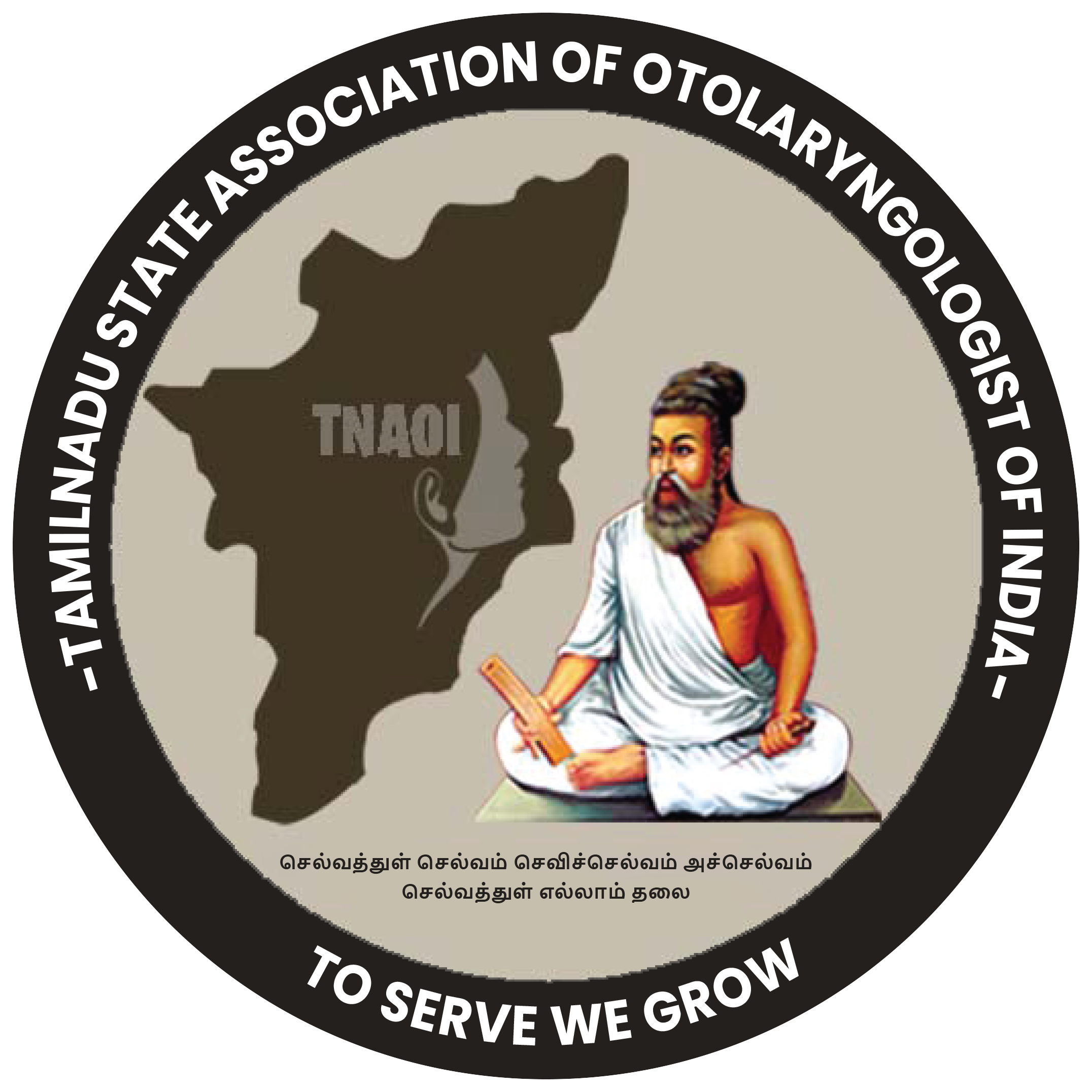Comparison of monopolar radiofrequency thermal ablation and conventional dissection tonsillectomy: A randomized control trial
DOI:
https://doi.org/10.54646/TNAOI.2024.05Keywords:
monopolar, tonsillectomy, cold dissection, bleeding, postoperative pain, healing, radiofrequencyAbstract
Aim: To compare monopolar radiofrequency thermal ablation with the conventional dissection tonsillectomy in terms of postoperative healing process and any possible complications.
Methods: 56 patients of 14 years of age and above were randomly divided into two groups. Group 1 underwent Conventional dissection tonsillectomy and group 2 underwent Monopolar radiofrequency tonsillectomy. Intraoperative duration, bleeding, postoperative pain and healing were compared between the two groups. Intraoperative duration was measured and bleeding was analysed by visual estimation. Visual Analogue Scale was used to analyse the postoperative pain and a grading system was used to analyse healing.
Objective: To compare monopolar radiofrequency thermal ablation with the conventional dissection tonsillectomy in terms of duration of surgery, perioperative blood loss and postoperative intensity of pain.
Results: Intraoperative duration was found to be longer in RFA group with increased blood loss and p-value was found to be statistically significant of <0.001. Postoperative pain was found to be significantly low during postoperative day 0 and 1 with RFA group when compared to CD group with p-value <0.001. No statistically significant difference was noticed regarding the time taken for wound healing in both the groups.
Conclusion: Conventional dissection tonsillectomy is better than monopolar radiofrequency ablation in terms of short operative duration and intraoperative bleeding even though monopolar radiofrequency ablation seems to be better than conventional dissection tonsillectomy in view of postoperative pain.


 | Publication Ethics
| Publication Ethics | Editorial Workflow
| Editorial Workflow | Article Processing Charges
| Article Processing Charges | Allegations of Misconduct
| Allegations of Misconduct | Appeals
| Appeals | Author Guidelines
| Author Guidelines | Editor Guidelines
| Editor Guidelines | Reviewer Guidelines
| Reviewer Guidelines | Peer Review Policy
| Peer Review Policy | Open Access Policy
| Open Access Policy | Plagiarism Policy
| Plagiarism Policy | Copyright
| Copyright | Privacy Policy
| Privacy Policy | Editorial Guidelines
| Editorial Guidelines | Archiving
| Archiving | Revenue Sources
| Revenue Sources